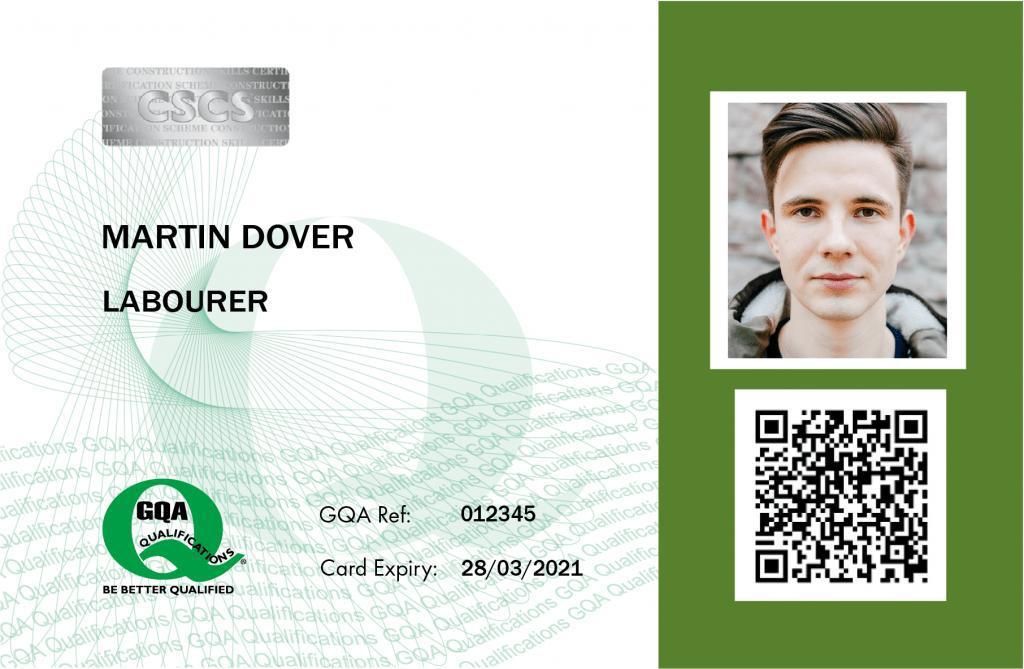
English for Civil Aviation
Course ID: 2502030105639ESH
Course Dates : 03/02/25 Course Duration : 5 Studying Day/s Course Location: London, UK
Language: Bilingual
Course Category: Language Skills for Professionals
Course Subcategories: English for Aviation and Transportation
Course Certified By: ESHub CPD & LondonUni - Executive Management Training
* Professional Training and CPD Programs
Certification Will Be Issued From :
From London, United Kingdom
Course Fees: £5,120.30
Vat Not Included in the price. VAT may vary depending on the country where the course or workshop is held.
Click to Pay
Date has passed please contact us Sales@e-s-hub.com
Course Information
Introduction
The civil aviation sector operates in a global arena where effective communication in English is a critical component of safety, efficiency, and collaboration. English is the international language of aviation, and all aviation professionals, from pilots and air traffic controllers to ground staff and maintenance teams, must possess strong language skills to meet the industry's rigorous demands. Miscommunication in this high-stakes environment can lead to severe consequences, making language proficiency essential for maintaining operational excellence and safety.
This course has been meticulously designed to address the linguistic needs of professionals in civil aviation. It focuses on developing the specialized vocabulary, listening comprehension, speaking fluency, and reading and writing skills required for precise communication in various aviation scenarios. Participants will learn to communicate clearly and concisely in high-pressure situations, ensuring they meet both regulatory and organizational standards.
The curriculum integrates practical language exercises with aviation-specific contexts, providing participants with hands-on experience in real-life scenarios. From interpreting aeronautical charts and weather reports to delivering clear radio transmissions, this course equips professionals with the tools they need to excel in their roles. Furthermore, participants will gain insights into cultural nuances and international communication protocols, enhancing their ability to work effectively in a diverse, global environment.
A critical aspect of this training is its focus on Standard Phraseology, the structured language used in aviation communications. Adhering to these standards reduces ambiguity and ensures that all messages are understood as intended. This course also covers deviations from standard phraseology, preparing participants to adapt their communication when faced with unexpected or challenging situations.
The interactive nature of the course encourages active participation and collaboration among attendees. Through group exercises, role-playing, and real-time feedback, participants will refine their communication skills and build confidence in their ability to handle complex interactions. This collaborative approach also fosters a deeper understanding of the interconnected roles within the aviation sector, promoting teamwork and operational harmony.
By the end of the program, participants will have a comprehensive understanding of the language requirements in civil aviation. They will be prepared to communicate effectively and professionally, contributing to the safety and efficiency of aviation operations and elevating their career prospects in this dynamic industry.
Objectives
By attending this course, participants will be able to:
Demonstrate proficiency in aviation-specific vocabulary and technical terminology.
Communicate effectively using Standard Phraseology for radio transmissions and other operational exchanges.
Enhance listening comprehension skills for accurate interpretation of instructions and communications.
Write clear and concise aviation-related documents, including incident reports, weather summaries, and operational updates.
Build confidence in handling high-pressure communication scenarios and addressing unexpected situations.
Understand and apply international communication protocols and cultural considerations in aviation.
Who Should Attend?
This course is ideal for:
Pilots, co-pilots, and flight engineers who require enhanced communication skills to ensure flight safety.
Air traffic controllers responsible for directing and managing aircraft movements in controlled airspace.
Ground staff and maintenance personnel involved in operational communication.
Aviation safety officers and operational managers seeking to improve coordination and clarity in communication.
Cabin crew members looking to enhance their ability to interact with passengers and colleagues in English.
Aviation students and trainees preparing for roles within the global aviation industry.
Training Method
• Pre-assessment
• Live group instruction
• Use of real-world examples, case studies and exercises
• Interactive participation and discussion
• Power point presentation, LCD and flip chart
• Group activities and tests
• Each participant receives a 7” Tablet containing a copy of the presentation, slides and handouts
• Post-assessment
Program Support
This program is supported by:
* Interactive discussions
* Role-play
* Case studies and highlight the techniques available to the participants.
Daily Agenda
Daily Schedule (Monday to Friday)
- 09:00 AM – 10:30 AM Technical Session 1
- 10:30 AM – 12:00 PM Technical Session 2
- 12:00 PM – 01:00 PM Technical Session 3
- 01:00 PM – 02:00 PM Lunch Break (If Applicable)
- Participants are expected to engage in guided self-study, reading, or personal reflection on the day’s content. This contributes toward the CPD accreditation and deepens conceptual understanding.
- 02:00 PM – 04:00 PM Self-Study & Reflection
Please Note:
- All training sessions are conducted from Monday to Friday, following the standard working week observed in the United Kingdom and European Union. Saturday and Sunday are official weekends and are not counted as part of the course duration.
- Coffee and refreshments are available on a floating basis throughout the morning. Participants may help themselves at their convenience to ensure an uninterrupted learning experience Provided if applicable and subject to course delivery arrangements.
- Lunch Provided if applicable and subject to course delivery arrangements.
Course Outlines
Foundations of Aviation English
Overview of the importance of English in civil aviation and global standards.
Understanding Standard Phraseology and its application in communication.
Building aviation-specific vocabulary, including terms related to navigation, weather, and safety.
Listening exercises focusing on radio transmissions and ATIS broadcasts.
Day 2:
Listening and Comprehension Skills
Advanced listening exercises with real-world scenarios, including cockpit and control tower exchanges.
Techniques for decoding rapid speech, accents, and variations in tone.
Practice in interpreting aeronautical charts, weather reports, and NOTAMs.
Understanding non-verbal cues and contextual language in aviation settings.
Day 3:
Speaking and Pronunciation
Mastering clear and concise communication using Standard Phraseology.
Role-playing exercises to simulate pilot-controller interactions and emergency scenarios.
Pronunciation drills to improve clarity and reduce misunderstandings.
Strategies for maintaining composure and professionalism during high-pressure communications.
Day 4:
Reading and Writing Skills
Techniques for reading and interpreting technical documents, manuals, and flight plans.
Writing accurate and professional incident reports, safety summaries, and operational updates.
Enhancing grammar and syntax for aviation-specific writing.
Exercises in summarizing and reporting key information clearly and effectively.
Day 5:
Practical Application and Review
Full-scale simulation exercises integrating all language skills learned.
Individual and group feedback sessions to identify strengths and areas for improvement.
Review of cultural considerations and international communication protocols.
Course wrap-up, final assessment, and certification of completion.



















































